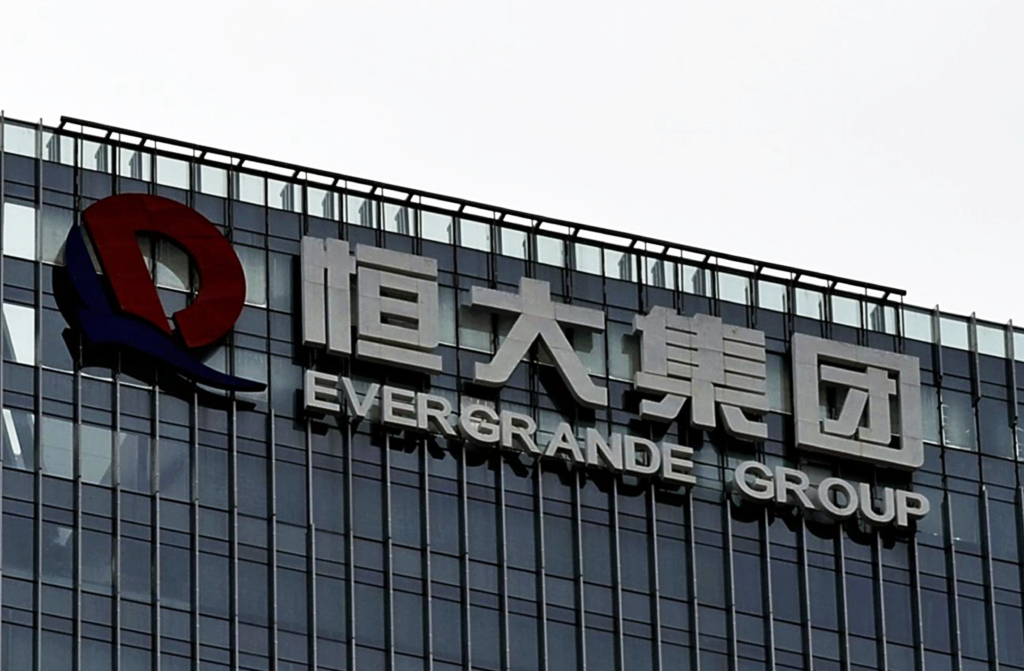
According to Hengda Real Estate’s public data submitted to the Shanghai and Shenzhen stock exchanges on the 19th, China’s Securities Regulatory Commission (SFC) has imposed 4.18 billion yuan in fines on the company for fraudulent accounting, securities fraud and failure to disclose in a timely manner. According to an investigation by the authorities, Hengda Real Estate inflated its annual sales by 214 billion yuan in 2019, or 79 percent in 2020. It also issued 20.8 billion yuan worth of bonds based on over-packaged performance. It said the accounting manipulation was done under the direction of Hengda founder and chairman Xu Jain. Accordingly, the committee ordered Xu to pay 47 million yuan in fines and Xu Haijun 15 million yuan to former CEO. The two were banned from entering the Chinese stock market for life.
Evergrande, which was called one of China’s top three real estate developers along with Wanker and Bee Guiyuan (Country Garden), was on the verge of bankruptcy as its debt problem worth 268.7 billion dollars was revealed in 2021. It has carried out restructuring and debt restructuring for about two years since then, but was ordered to liquidate by the Hong Kong High Court in January. The downturn in the Chinese real estate market has accelerated due to the successive defaults of Evergrande and Bee Guiyuan. The controversy is spreading to accounting firms that audited Evergrande at the time. PwC Zhongtian, a Chinese joint venture of PricewaterhouseCoopers (PwC), which was in charge of auditing at the time of fraudulent accounting, resigned as its auditor last year, and Hong Kong audit regulators are investigating the case. The fraudulent accounting is expected to have a significant impact on the market as it is larger than previous fraudulent accounting cases such as Enron and Worldcom. WorldCom, a U.S. fixed-line telecommunications company, committed fraudulent accounting amounting to 11 billion dollars for 10 years from 1992 by classifying expenses as assets. U.S. energy company Enron, which once ranked seventh in global market capitalization, collapsed in 2001 after its accounting book manipulation worth 600 million dollars was revealed. Some predict that the incident could lead to extensive accounting investigations into Chinese real estate companies. “Chinese securities authorities have so far only investigated Hengda’s two-year accounting books, but going back further could reveal fraud charges that are much larger than Enron’s,” Reuters said.
SOPHIA KIM
US ASIA JOURNAL



